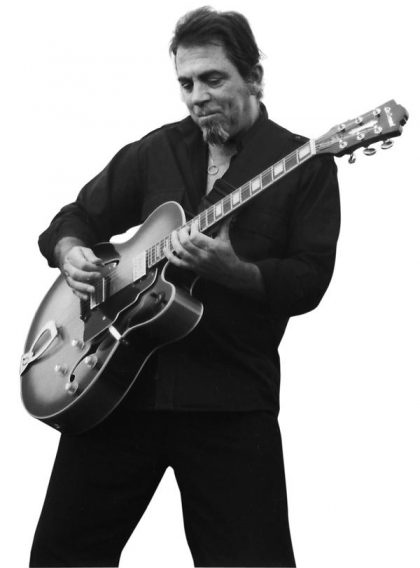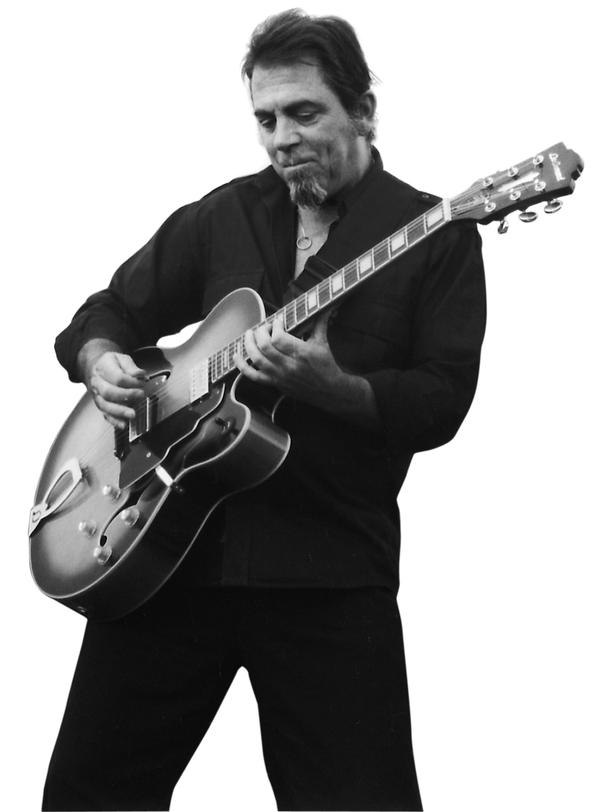 I first worked with Smiling Jack Smith at Fort Boogie, a decrepit strip joint located on Vancouver’s notorious Hastings Street. It was 1973, and at just 17 years old, I was experiencing my first taste of showbiz, sordid though it was. We played six days a week, eight hours a day, from noon to 8:00 at night, after which the evening band came on and played for another 8 hours. Wage was a cool $100 a week.
I first worked with Smiling Jack Smith at Fort Boogie, a decrepit strip joint located on Vancouver’s notorious Hastings Street. It was 1973, and at just 17 years old, I was experiencing my first taste of showbiz, sordid though it was. We played six days a week, eight hours a day, from noon to 8:00 at night, after which the evening band came on and played for another 8 hours. Wage was a cool $100 a week.
Jack was from New York, and had moved to Vancouver as a conscientious objector. “Although I came to Canada at the same time as a lot of people did to avoid the draft,” Jack recalls, “I was one of very few people who actually managed to be awarded conscientious objector status. It was a long and arduous process and I am quite proud of it. I moved to Canada to avoid living in the United States and having to watch people who were friends in the anti-war movement become more violent, and watch the government – both local and federal – become more fascist every day. I wanted to live my life like a Canadian, one who had never lived the American nightmare.” He’d played with the semi-legendary underground group Orville Dorp, who released the single ‘Jesus Marijuana,’ and I had seen him the previous year when his group Smiling Jack and the Sparklers (a pseudo-Dan Hicks & His Hot Licks type of act) opened for Captain Beefheart & The Magic Band at the Commodore Ballroom on their Clear Spot tour. Anyone who could open for Beefheart was alright by me….
Our bass player was named Jim Morrison – oddly enough, one of three bass players with that name who played on the Canadian scene. Jim was another American, this time from Florida. Jim had brought me in for the Fort Boogie gig. We’d previously played dixieland together in the Mudflat Ragtime Band. Along with the core trio, we had Marvin Dubois on electric guitar (Jack played acoustic). Marvin was from Dawson City in the Yukon, and he showed up on time every day for the gig, despite playing for free. He was a monster player, who seemed to practice all day every day, unless he was on stage.
Marvin and I later shared an apartment that was part of a loosely-based community of artists and musicians (like Ray Condo – then Ray Tremblay – who I would play with 25 years later).
Anyway, back to the Fort Boogie; we had guests show up most days, like Shari Ulrich and Joe Mock.
It was a great way to learn the Hank Williams songbook.
Every night as soon as we’d finished, I’d grab a bus and hightail it across town to the Metro Theatre, where I would play in the pit orchestra for musical productions ranging from Cabaret to Peter Pan. It was a great education.
Visit the Official Web Site
